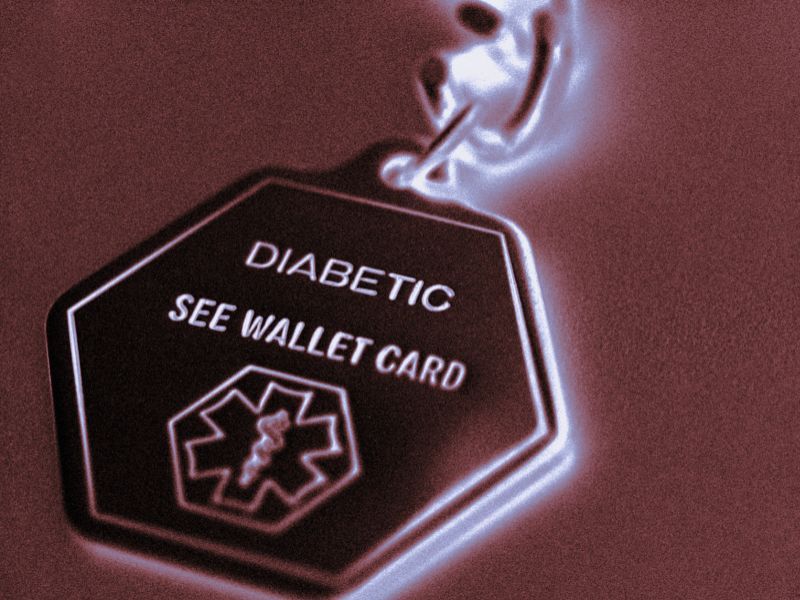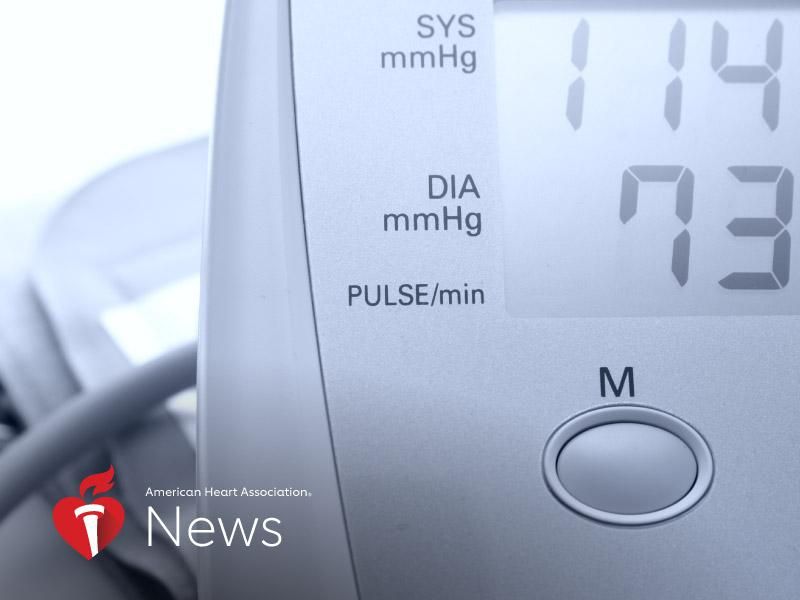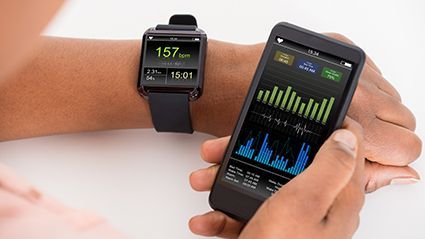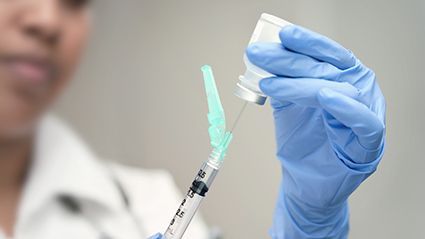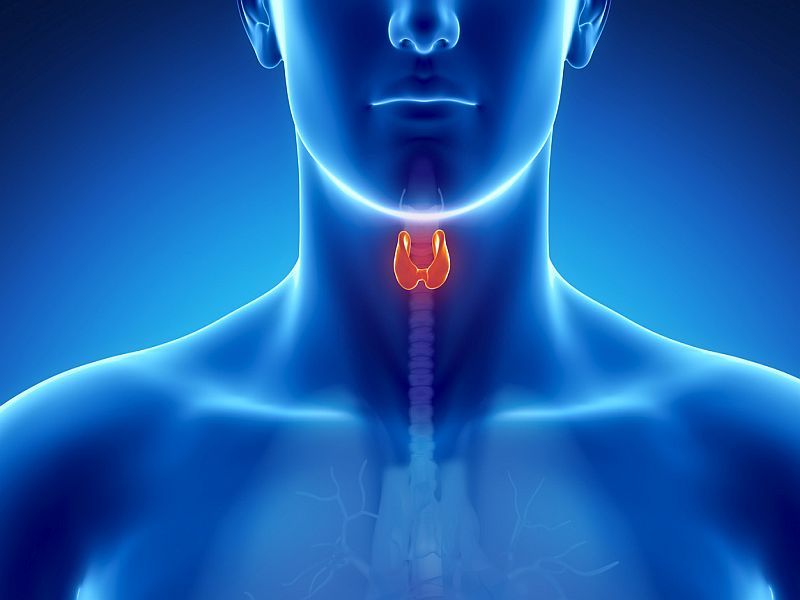
Cancer survivors, especially older ones, have an increased risk of heart disease over the next decade, a new study finds. Ohio State University researchers analyzed data from more than 15,000 U.S. adults, aged 40 to 79, who were followed from 2007 to 2016. At the start of the study period, 13% reported a history of… read on > read on >












